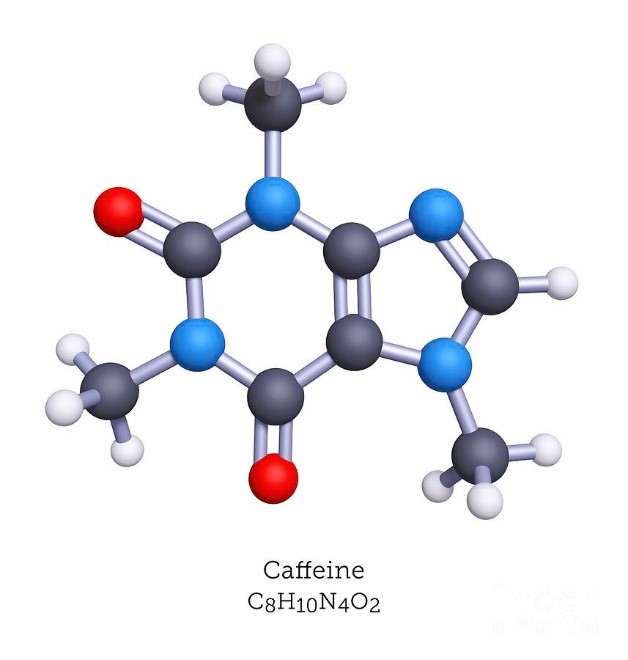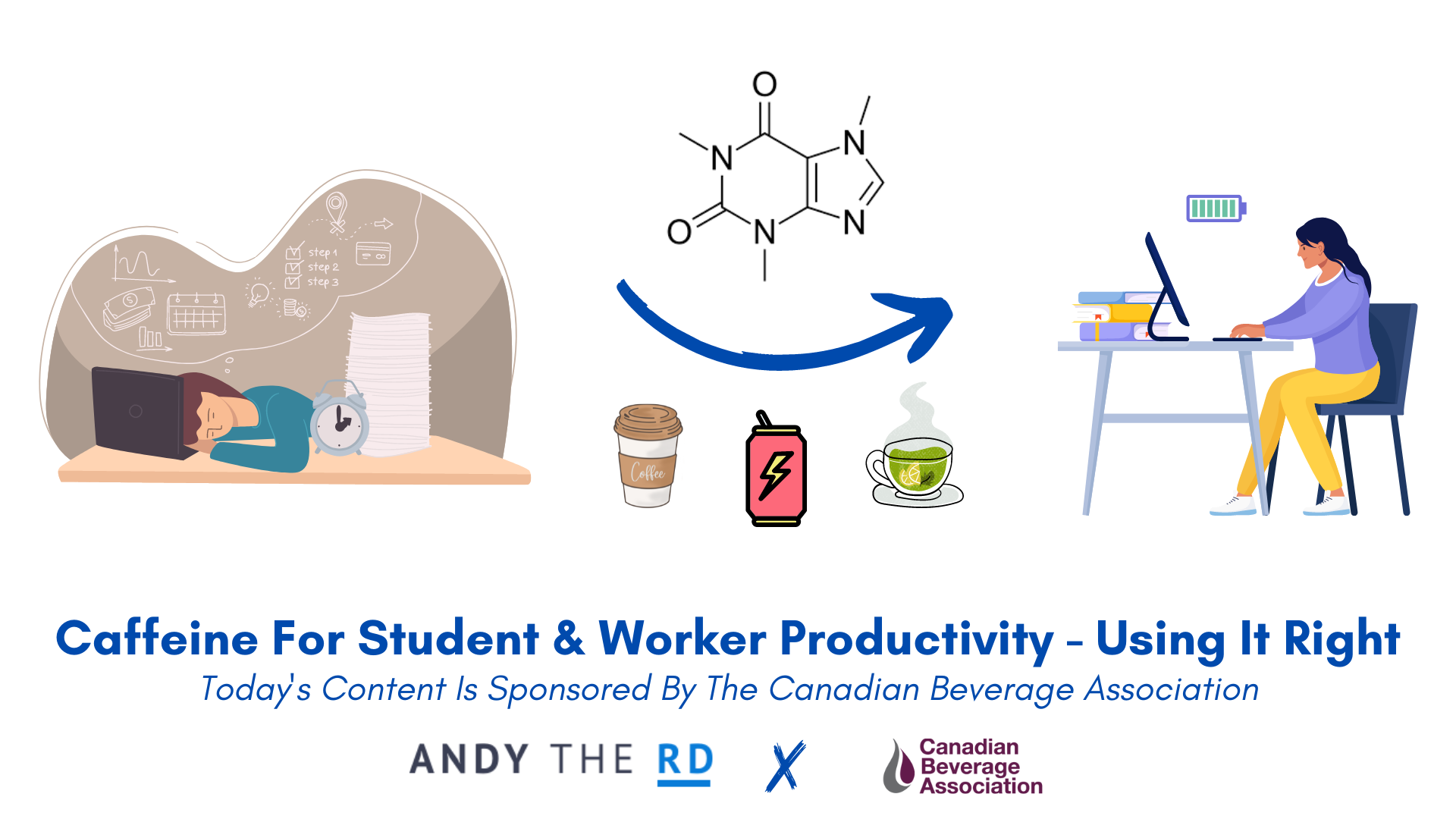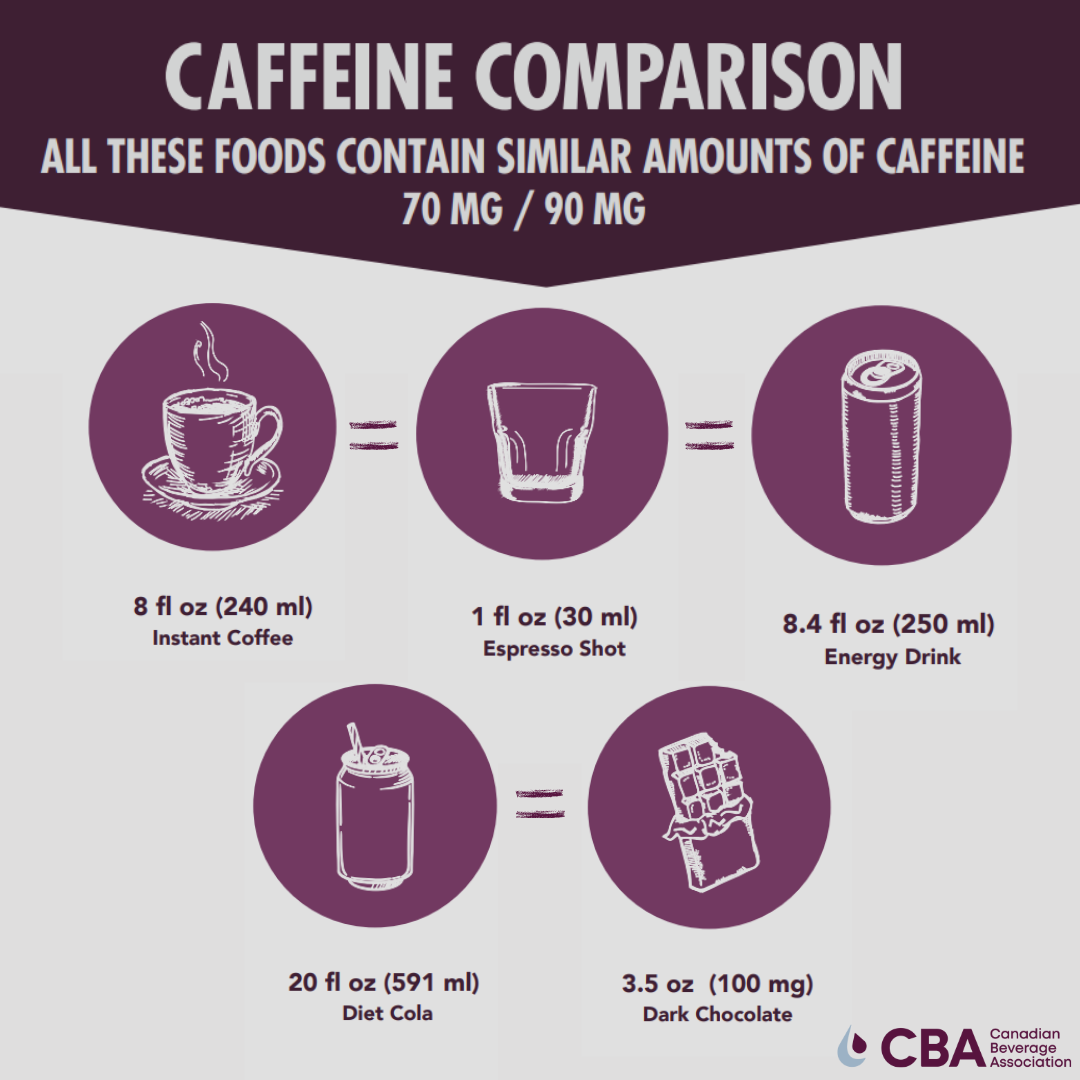Most people consume a caffeinated beverage most days.
Many people, including myself, consume more than one.
Caffeinated beverages come in an endless array of forms ranging from coffee to tea to energy drinks and more, each of these categories containing numerous options but being bound by the fact they all contain caffeine.
Caffeine, regardless of source, effects the body in the same way – a topic I’ve covered in great length in a previous post.
And in what way is that?
In various ways, to be fair, but one of the most scientifically relevant things that caffeine does is target and block our cellular “adenosine receptors” which are responsible for slowing the body down – including heart rate, blood flow and muscle functioning.

It is this fundamental mechanism that allows caffeine to provide us that enhanced focus, alertness and performance that so many of us cherish it for.
But how can students and office ( or at home!) workers utilize caffeine in the most optimal possible way?
That is precisely the subject of today’s post, presented in collaboration with the Canadian Beverage Association.
Let’s get to the good stuff!
Caffeine In The Work Place
There’s a great deal of content online which looks at the role of caffeine in the workplace as it relates to employee productivity.
In 2005, a study known as Caffeine At Work was published in the Human Psychopharmacology journal.
Perhaps unsurprisingly, the study found that those who consumed higher amounts of caffeine ( >220 mg) in the workplace reported being more alert during the workday and made fewer cognitive errors and/or workplace accidents.
Caffeine For Post-Secondary Students
Post-secondary education can be an extremely demanding time of someone’s life involving periods of sleep deprivation and a general need to be as focused and productive as possible.
Caffeinated beverages obviously have a role to play in this regard.
A 2016 study out of Frontiers In Psychology found that morning coffee intake improves explicit memory (facts, events) in college-aged students during the period after consumption whereas physical activity, although physiologically arousing, did not have similar effects on memory.
This finding could be relevant for those who may have to take a morning exam, for example.
Further to these results, a 2007 study out of the American Physiological Society found that around 100mg of caffeine ( ~ 1 cup coffee or a 250ml energy drink) an hour before university lectures improved concentration, alertness and energy levels in students.
This leads us to the question of how to optimize caffeine intake timing and quantity.
Let’s explore that next.
Using Caffeine Strategically – How Much, When?
The examples provided above were relatively straightforward, so let’s now drill down a bit more into caffeine science and how to optimize its use.
Caffeine Science I – Timing, Quantity
Physiologically speaking, caffeine from a caffeinated beverage takes about 45 minutes to fully be absorbed by the body and will reach peak levels in your system within 120 minutes or less – accounting for some variability based on individual factors like genetics, metabolism and so on.
Caffeine doses as low as 40mg ( a cup of green tea) or as high as 300 mg ( a large cold brew, my fav!) have been demonstrated to improve cognitive functioning without adverse effects.
Caffeine Science II – Bathroom Breaks, Sleep Quality
Today’s post is all about caffeine and productivity so of course we must address the notion that caffeine could produce excessive bathroom breaks or greatly compromise sleep quality – both of which could be counter to its positive effects.
Studies have demonstrated that caffeine consumption up to 6 hours before bed could impair sleep quality, but equally that morning and afternoon caffeine consumption 8 hours or beyond bed time did not alter sleep quality in regular caffeine consumers who otherwise slept well.
No pun intended, but a 2015 systematic review and meta-analysis threw hot water over the theory that moderate caffeine intake ( 300 mg in this case) will cause a severe disruption to one’s bathroom trip frequency – the study notes that:
“ The diuretic effect of caffeine is minor and concerns regarding unwanted fluid loss associated with caffeine consumption are unwarranted.”
Caffeine Science III – The Yerkes-Dodson Law
Let’s round off today’s discussion with a concept that does a great job of encompassing caffeine’s effects on the human body.

The Yerkes-Dodson Law, as pictured above, essentially tells us that the peak in our performance is matched by a moderate level of arousal.
This relates to caffeine because, for those of us who consume it, we are consistently trying to find that sweet spot as it relates to individual serving size, timing and overall quantity consumed.
There is little question that individual variability plays a big role in determining how to leverage caffeine science in your favour, but my hope is that today’s blog post has helped you better understand how to do just that.
Remember that the cognitive benefits of moderate and strategic caffeine intake go well beyond the period of time right after you consume it, with multiple studies demonstrating that caffeine consumers have a reduced risk of a number of cognitive conditions like dementia, Alzheimer’s, Parkinson’s disease and stroke.
Read my article on the subject to learn more.
Individual Variation & My Caffeine Habits
Moderate caffeine intake for a healthy adult is generally described by most global health organizations as 400mg daily, the amount of intake at which any negative effects of caffeine intake ( such as sleep disturbance, anxiousness etc) will be minimized.
That leaves quite a bit of room for multiple caffeinated beverages daily but equally we have to acknowledge there is a great deal of individual variability here.
Some people may experience negative effects at doses below this number whereas others, such as my self, experience little to no negative consequences for consuming closer to 500-600 mg per day.
Food, or in fact beverage, for thought.
Thank You To The CBA!
A very special thank you to the Canadian Beverage Association for facilitating and sponsoring today’s content, I encourage those interested in learning more about caffeine science and the role caffeine plays for the average Canadian to access their superb new resource energydrinkinformation.ca
Until next time,
Andy De Santis RD MPH




